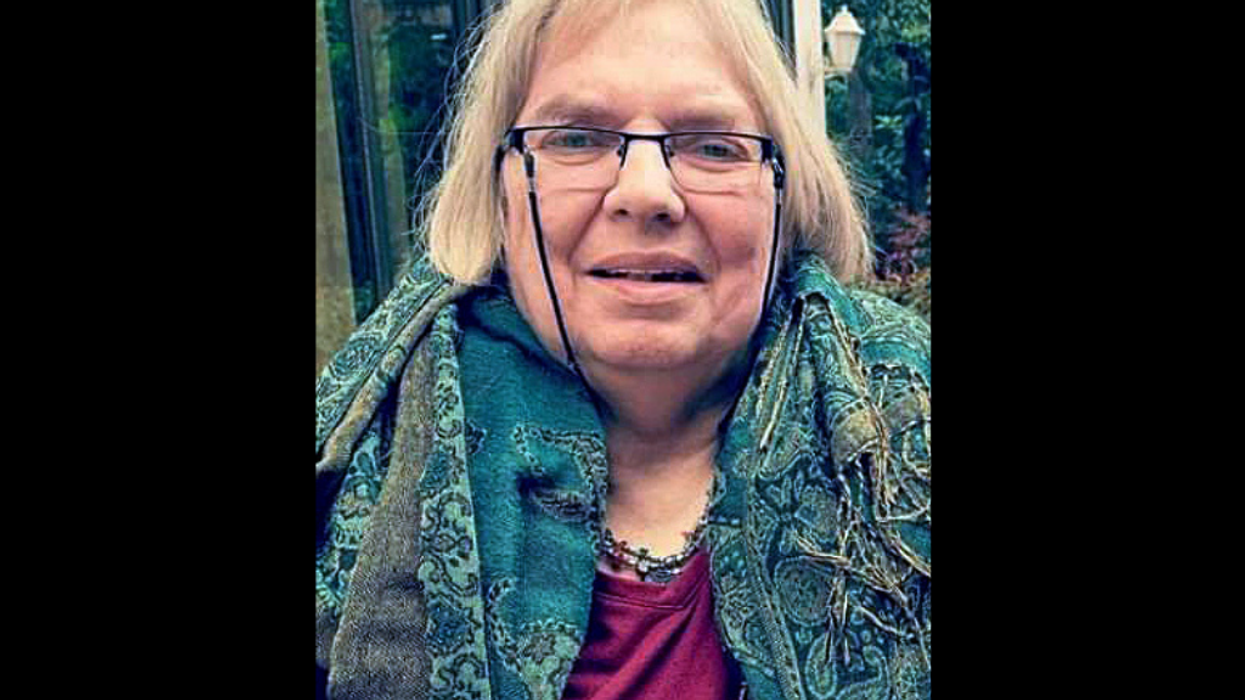THE death of Gail Marie Omvedt recently topped headlines in the media in India as well as the entire world but particularly for the Dalits, her passing away was a major loss. In end August, huge number of people, mostly belonging to the Dalit section, India’s lowest caste which still is at a disadvantage in the country’s social set-up, turned up for the funeral of the US-born sociologist who had made India her home for more than five decades.
Omvedt, who was born in Minneapolis, Minnesota, in the US in 1941 and passed away just days after turning 80, lived in Kasegaon in the western Indian state of Maharashtra for a long, long time. She was a prominent figure in India’s anti-caste and women’s rights movement. Married to eminent Indian activist Bharat Patankar who has worked for workers, farmers, agricultural labourers and others, Omvedt championed the most marginalised in the Indian society and as The Guardian quoted one scholar as saying it, she “truly practise[d] what feminists call prefigurative politics, i.e., live by your principles”.
Omvedt was an English tutor on a Fulbright Fellowship when she came to India for the first time in the mid-1960s and in the 1980s, she renounced her American citizenship. She wanted to live, marry and spend days till her death among people for whom she fought and wrote in volumes.
“[She] left all her US socio-cultural privilege [to] work for Indian Dalits,” Somnath Waghmare, a Maharashtra-born film-maker who worked closely with Omvedt while making a documentary about her life, which is yet to be released, told the UK news publication. “Indian Dalits love and respect her by [their] hearts.”
According to Waghmare, around 1,000 people attended Omvedt’s funeral and it caught the eyes of the media in India and all across. Tributes came pouring in from scholars and activists for the sociologist and human rights activist.
Omvedt did her doctorate in sociology from the University of California, Berkeley, and it mainly focused on Savitribai Phule, the mother of Indian feminism and her husband Jyotirao Phule. The Phules, who were from Maharashtra, were leading figures in India’s anti-caste struggle in the 19th century.
Omvedt, who had also been a part of the anti-Vietnam War protests during her stay in the US, made Maharashtra her work base and married into a family of India’s freedom fighters. Her husband Bharat is the son of freedom fighters and activists Indumati and Krantivir Babuji Patankar. Omvedt embraced Indian culture by learning flawless Marathi and also spoke Hindi, one of India’s major languages.
According to Indian writer and poet Cynthia Stephen, Omvedt’s uniqueness lies in her intellectual legacy. She grew up during the civil rights movement in the US and then was inspired by her teacher to understand the anti-caste movement in India.
“But what is even more notable is how she was able to transcend her colour, caste, class and educational privilege, practically throw all these advantages away, and blend in with the lives of the rural working classes, the women, and the Dalits and the Adivasis, identifying with them to a degree that even most Indians didn’t,” Stephen told The Guardian.
Along with her husband, Omvedt co-founded Shramik Mukti Dal (Toilers’ Liberation League), which started a mass social movement across India and highlighted issues like farmers’ cause, drought-hit villages and communities evicted by construction of dams. Omvedt also worked on gender and women’s movements and was a scholar of Buddhist philosophy as well. Winner of several awards, Omvedt also worked on Dr B R Ambedkar, India’s iconic Dalit leader and a social reformer who is also known to be the father of the Indian Constitution.
Omvedt penned more than a dozen books on issues like Dalits and Democratic revolution, women, social movements and socialist tradition. One of her most notable works is ‘Dalits and the Democratic Revolution: Dr Ambedkar and the Dalit Movement in Colonial India’ which records two centuries of struggle of the lower castes.
The sociologist-activist also had an influence on feminism both in India and globally and according to Manisha Desai, head of sociology at the University of Connecticut, the US, “In India and internationally Gail highlighted the importance of not just colonial but also precolonial gender hierarchies as they were reinterpreted by colonial capitalism, and later postcolonial and neoliberal capitalism; the failures of nationalist movements and of the left in addressing gender justice; the importance of seeing the differences among women, even poor women, Dalit women were not undifferentiated; the importance of access to land for their material wellbeing; acknowledging women’s knowledge and drawing upon local cultural traditions of protest and struggle.”
Omvedt’s daughter Prachi, who is an America-based feminism and global justice activist, also paid tributes to her late mother saying she had seen her deep dedication to building social movements among ordinary people from the childhood days.
“My earliest memories are of sitting on her shoulders during marches and rallies through rural and indigenous areas across western India, and singing activist songs with other kids,” she told The Guardian.




